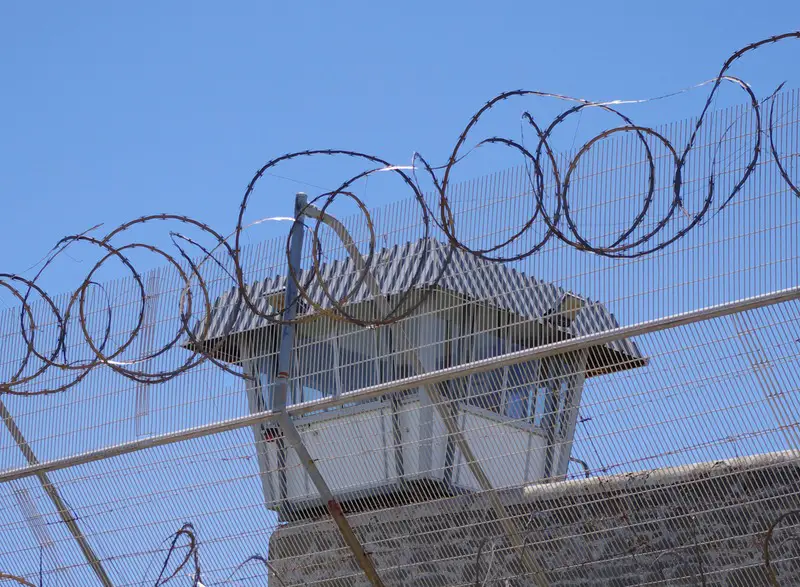Alabama is preparing for a significant moment in the nation’s history, as it gears up to perform the first execution by nitrogen hypoxia in the United States.
The execution of Kenneth Eugene Smith, who has been on death row since 1996, is slated for January 25, 2024.
This move comes after legal approval for Alabama to utilize nitrogen gas as a method of execution, a first in the annals of capital punishment in America.
Smith was convicted in connection with a 1988 murder-for-hire scheme that resulted in the death of Elizabeth Dorlene Sennett. His case stands out due to its duration and the unsuccessful execution attempt via lethal injection in late 2022. The officials could only connect one of the two necessary intravenous lines, leading to the suspension of the execution after an hour.
Such complications with lethal injection procedures have led Alabama to seek other execution methods, ultimately deciding on nitrogen hypoxia.
In reaction to the botched execution attempt, Smith sued for an alternate execution method.
Upon the finalization of the nitrogen hypoxia protocol by Alabama, Smith challenged its constitutionality, requesting either an amendment or execution by firing squad.
Judge Huffaker, however, ruled that there was inadequate proof that nitrogen hypoxia would cause excess pain, thereby rejecting Smith’s request for an injunction based on the Eighth Amendment.
Alabama’s Attorney General, Steve Marshall, commended the decision, underscoring the state’s dedication to enforcing justice for the murder of Elizabeth Sennett.
On the other hand, Smith’s spiritual adviser, Rev. Dr. Jeff Hood, denounced the decision as a “horror” and an allowance for the state to “suffocate its citizens.”
The process of nitrogen hypoxia execution involves equipping the prisoner with a mask that supplies only nitrogen, leading to oxygen deprivation and cardiac arrest. This method has sparked substantial controversy, leading to debates among legal, ethical, and human rights groups.
Experts from the United Nations have urged a review of this protocol, pointing to the possibility of extreme suffering and the absence of scientific evidence to ensure a humane execution.
As the execution date nears, Smith maintains the right to appeal the decision, which could potentially elevate the final decision to the U.S. Supreme Court.











